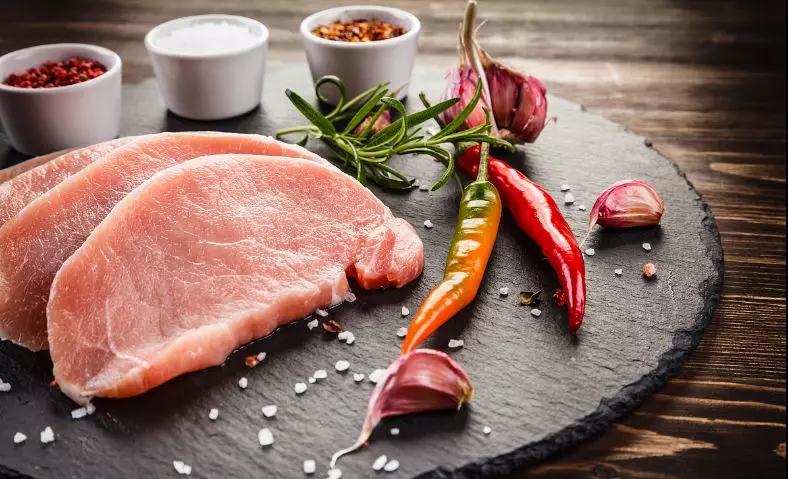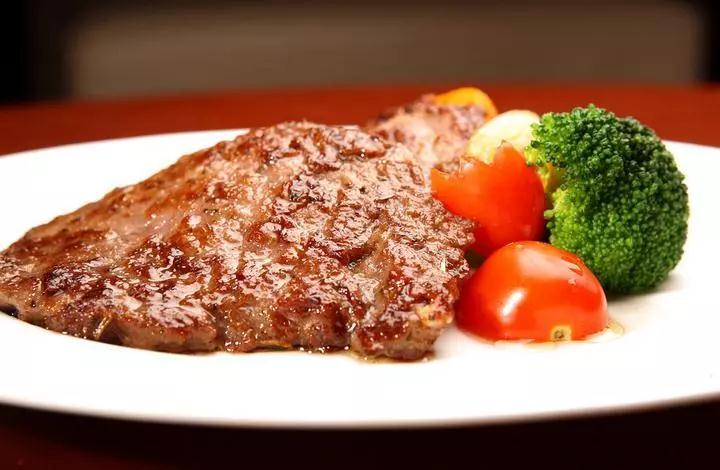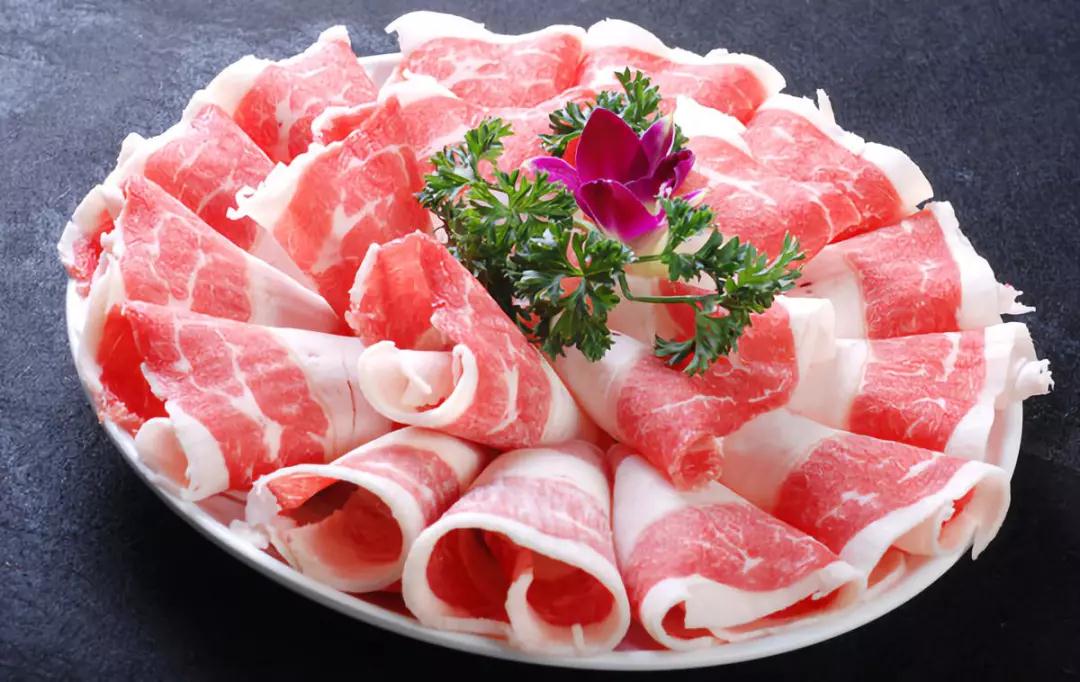
GUANGDONG KELONG BIOTECHNOLOGY CO., LTD.
Add: No.5-17 and No.5-32, South area of Qibao Industry and Trade, Huicheng, Xinhui, Jiangmen, Guangdong, China
Tel:+86-750-6978788
Fax:+86-750-6978868
Wechat: 13828063050
Website: http://xgxxkef.cn
Email: export@kelongbio.com
marketing@kelongbio.com
01
Special model: TG enzyme compound commercial routine
At present, recombinant meat processing technology has been widely used in the processing of fish and meat products. According to Hong Bo, recombinant meat processing technology can be divided into chemical processing technology, physical processing technology and enzymatic processing technology according to the recombination bonding mechanism.
Chemical processing technology mainly uses alginate, gellan gum and the like to form a gel by combining divalent or higher metal ions; physical processing technology mainly uses phosphate and mechanical treatment of extracted muscle fibrin to form a gel. However, these two technologies are difficult to meet the requirements of processing plants and consumers in terms of bonding strength, product taste/flavor, and resistance to damage.
The enzymatic processing technique utilizes glutamine transaminase ("TGase") to catalyze the intramolecular (or intermolecular) acyl transfer reaction of a protein to produce covalent cross-linking to form a compact three-dimensional network structure. The blocks are bonded together. As a processing aid, TG enzyme does not affect the taste of the applied product, nor does it change its flavor. The adhesive effect has obvious advantages and is quickly adopted by many processing plants.

“In terms of application, early Ajinomoto has made different promotion programs for different customers' products, and produced a large number of TG enzyme compound models. Until now, domestic meat processing plants still believe that TG enzymes have different targeted models. Hongbo said, of course, because raw materials, equipment, production environment, process control, etc. are difficult to meet the standards, there will be some problems in the processing plant that are not in place. Even if the product performance is stable, I want to further improve the quality and reduce the quality. cost. So each processing plant has a different direction of improvement.
In this case, the user can easily accept the so-called special type TG enzyme product. These commercial formulas have gradually changed the perception of TG enzymes in processing plants and hindered the research of meat product recombination technology. Nowadays, there are more and more (TG enzyme) models in the recombinant meat, such as steaks, beef cattle, chicken rolls, fish rolls, and many sales people can't tell the difference.

Hong Bo revealed that at the earliest, there was a TG enzyme that increased the hardness and brittleness of thousands of pages of tofu. In fact, this product is a TG enzyme compounded with a little colloid, which improves the water absorption capacity of the product and enhances the structure of the product, thereby improving the hardness and brittleness. "The application of TG enzyme in meat products only plays the role of protein cross-linking. The improvement of other functions is only due to the compounding of some other excipients, and has nothing to do with TG enzyme."
02
Frequently asked questions about meat product reorganization technology
What are the influencing factors of recombination effects in different processes of different factories?
Hong Bo said that there are four factors that cause the instability of restructuring technology:
First, the water retention capacity of meat products is too high, the water can not be completely locked, and the reorganization effect is affected in the process of mold loading and quick freezing;
Second, different meat products, the extractable salt-soluble protein and its own water-holding capacity are different. For example, when the chicken is reconstituted, the effect of the TG enzyme added by the beef is not obvious;
Third, the time points of adding TG enzymes in different processing plants are different, and the rest time is different, resulting in inconsistent utilization efficiency and effect of TG enzyme;
Fourth, some products have more fat, and TG enzymes cannot affect fat.

In fact, solving these problems is also very simple. He explained that the difference in water retention and meat variety can be improved by adjusting the amount of protein added. When the water retention capacity is too much to lock the water, the foreign protein can be increased. As for the reconstitution of chicken products, it is also necessary to supplement the foreign protein, and it is not necessary to add more TG enzyme.
If the TG enzyme reaction time is shortened due to the process requirements, the actual addition amount of the TG enzyme is increased, and the total enzyme activity is enhanced. "There is little need for TG enzymes and proteins to increase at the same time. There is no need for companies to follow the so-called special formulas, and they can neither flexibly master the reorganization technology and increase unnecessary costs." Hong Bo admitted.

For fat-rich products, TG enzymes cannot be directly treated, but adding an appropriate amount of emulsifier can easily solve this problem. Sodium caseinate is used in recombinant meat. It is fully cross-linked with the protein on the surface of the meat by the catalytic action of TG enzyme. It also forms a thermostable gel under the catalysis of TG enzyme, which is used as a filling on the bonding surface of meat. bridge.
When the meat is too small and the water is too much, the purpose of improvement can be achieved by increasing the amount of sodium caseinate. Of course, this protein is not limited to sodium caseinate.
03
Enzymatic technology helps companies "anti-routing"
Hongbo introduced that Qingrui launched the “Qingqi Bamboo Horse”, which is to break the commercial routine in the past. It tells the food processing plant that the main function of TG enzyme is protein cross-linking. The TG enzyme with different functions is a simple compounded commercial product. Let the industry's application of TG enzyme return to the enzymatic processing technology itself, and more accurately and clearly understand the reconstitution technology of meat products. “Of course, ‘green enzymes’ has other advantages, such as safe and convenient operation, improved application technology, and improved product stability.”
"People who have used TG enzyme bonding formula know that the product needs water-soluble beating and dust is very powerful. Workers inhalation can easily cause allergic and uncomfortable reactions, and there are certain hidden dangers to health. 'Qing Enzyme' is very safe to operate. 'Bamboo horse' is mainly a protein powder, which is harmless to the human body," Hong Bo said.
In addition, the previous TG enzyme bonding product pulping process also needs to be strictly controlled, because the TG enzyme will react in it, the beating time should not be too long, and it should be timely mixed with the meat products. In this way, the processing plant often does not completely dissolve, and the gel state before each mixing cannot be controlled. If there is an unexpected situation, thousands of TG enzyme binding products will not be used due to gelation.
He said that there is no TG enzyme in the "Bamboo Horse", the operator can freely control the beating time and the joining time, so that the granules will not be mixed into the meat products, and there will be no gel for a long time. When everything is ready, add the "green enzyme" to the meat product, and mix it evenly to mold it. (Use) is very convenient.
As for the improvement of application technology, it means that the plant can rationally control the addition of TG enzyme, foreign protein, emulsifier, etc., and gradually improve the ability to use TG enzymes flexibly, and develop more for enterprises. More new products that create value. For the problems encountered in the production process, companies can solve their own problems, no need to spend money to buy custom-made TG enzyme products.
At the same time, it also helps the factory to control the key points of meat product reorganization technology, timely and effectively prevent the occurrence of product effluent, cracking and other phenomena, improve product qualification rate and product quality stability.